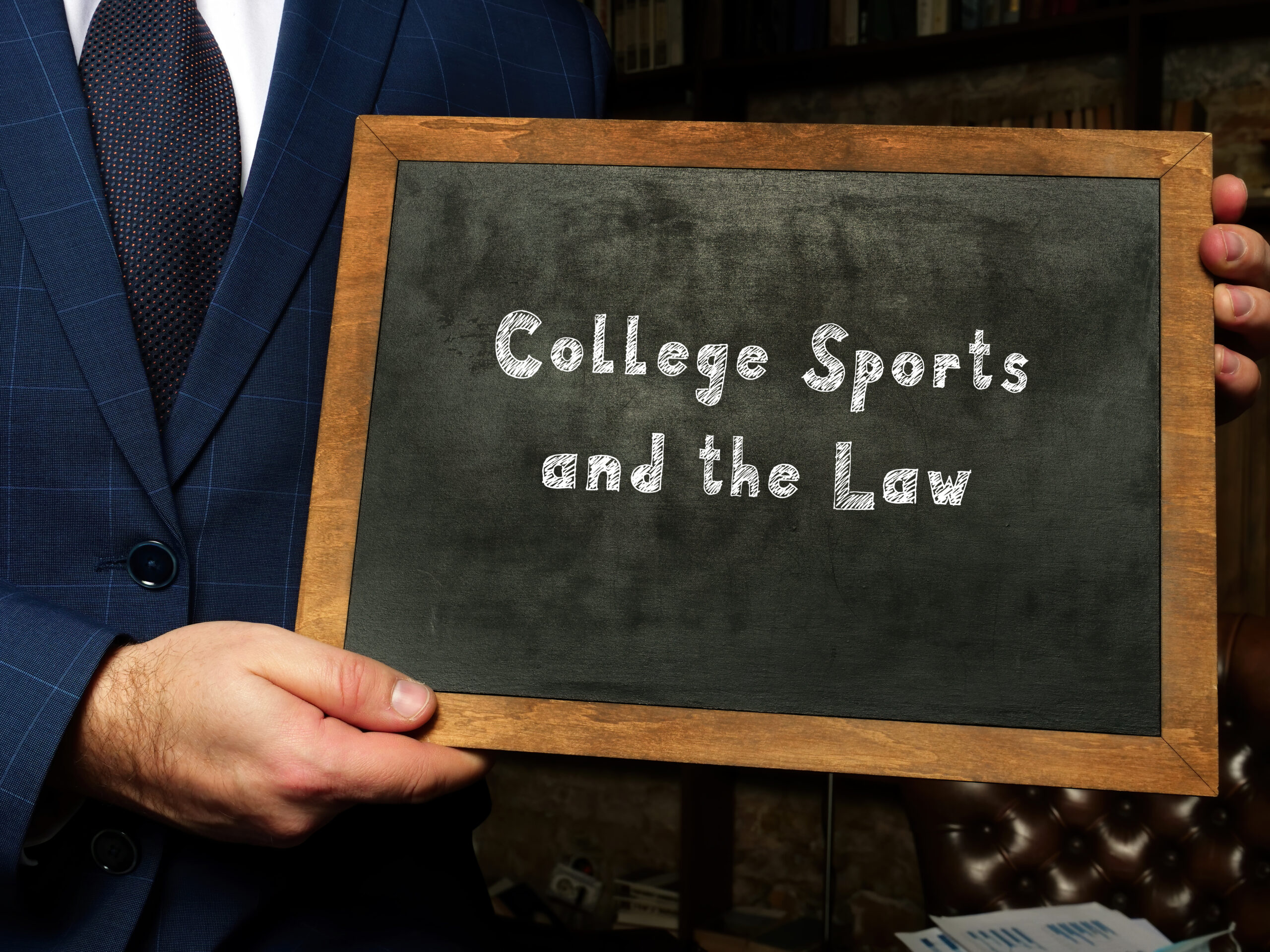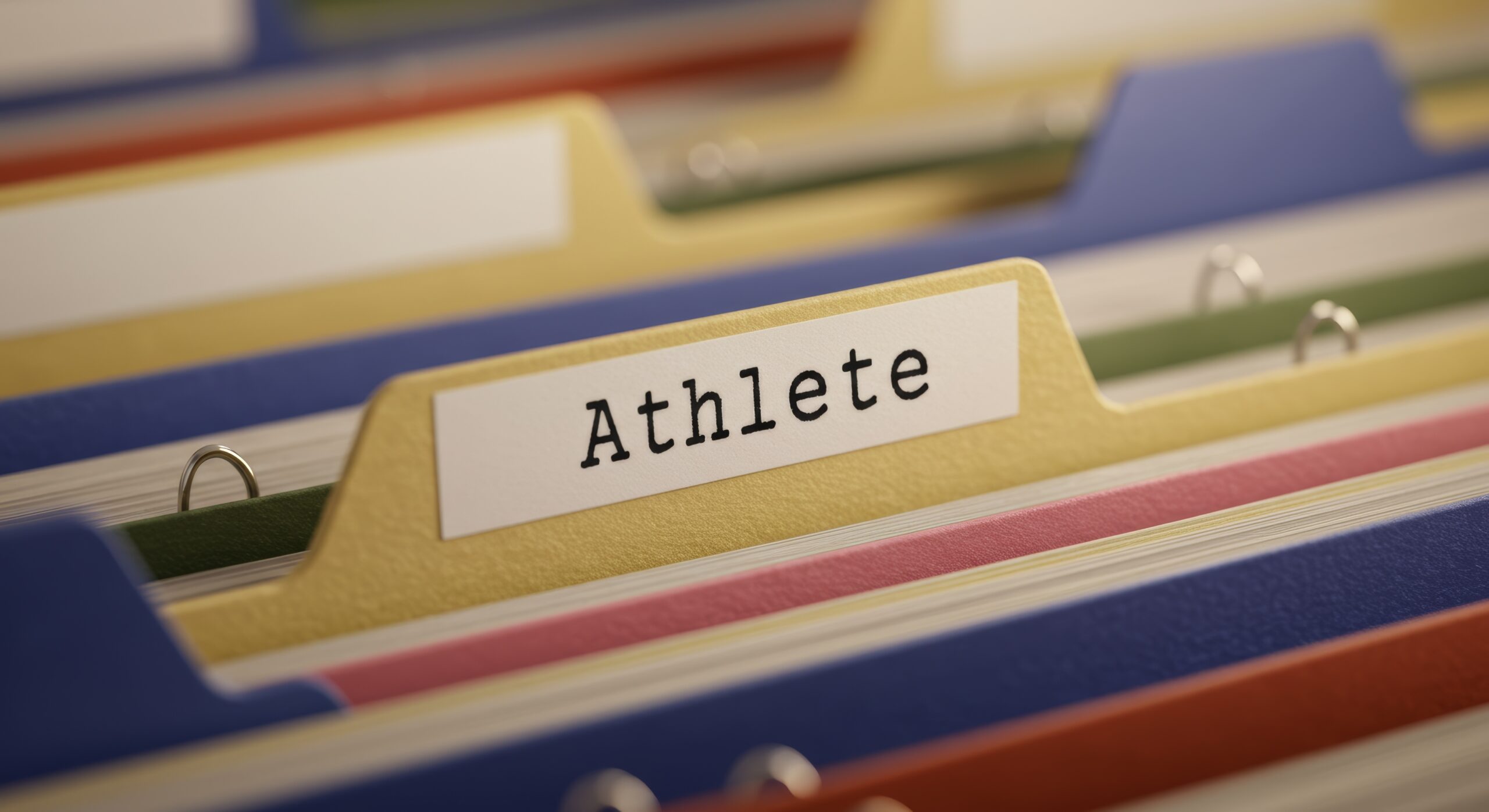What College Athletes Should Know About NIL Income and Taxes
College athletics are changing quickly. Student-athletes can now earn money through Name, Image, and Likeness (NIL) deals. These deals include sponsorships, brand partnerships, social media promotions, and more. While this opportunity allows athletes to benefit from their personal brand, it also creates new financial responsibilities. One of the most important topics to understand is how NIL income affects taxes.
PMG Private NIL helps college athletes manage their NIL income wisely. The organization focuses on education and support. This includes tracking earnings, organizing tax records, and learning about filing requirements. Many student-athletes may be receiving income for the first time, so it is important to understand what the IRS expects.
In this blog, we will explain how taxes apply to NIL income. You will learn how to stay organized and avoid common mistakes. With the right guidance, student-athletes can approach tax season with more confidence and clarity.
What Is NIL Income?
NIL income is money earned by college athletes when they allow others to use their name, image, or likeness. These earnings can come from many sources. Athletes may partner with local businesses, promote products on social media, or sign deals with national brands. NIL income can also include payment for public appearances, autograph signings, or selling merchandise that features their name or personal brand.
This type of income is different from scholarships or financial aid. Scholarships used for qualified education expenses are usually not taxable. However, NIL income is treated as self-employment income. That means it is taxable under federal law, and athletes may need to report it to the Internal Revenue Service (IRS).
Understanding what qualifies as NIL income is important. It helps athletes stay informed and better prepared for tax season. Even if payments are made in the form of gifts or services, they may still be taxable. For example, free products or travel provided as part of a sponsorship deal may count as income.
Why NIL Income Is Taxable
NIL income is usually taxable because it is considered self-employment income under federal tax law. When college athletes earn money through sponsorships, social media posts, autograph signings, or merchandise sales, they are often doing so as independent contractors. This means the income does not come from an employer who withholds taxes on their behalf. Instead, the athlete is responsible for reporting and paying their own taxes.
There are two main types of taxes that may apply to NIL income. The first is income tax, which is based on how much you earn during the year. The second is self-employment tax, which includes contributions to Social Security and Medicare. As of 2025, self-employment tax is 15.3 percent of net earnings. Athletes who earn more than $400 from NIL income in a year may be required to file a tax return.
Keeping Accurate Records
To manage your NIL income responsibly, it is important to stay organized. Keeping accurate records can make the tax process smoother and help you avoid confusion later. It also supports your ability to track earnings, identify possible deductions, and stay prepared for filing deadlines. PMG Private NIL recommends that athletes build these habits early in their careers. Doing so may help reduce stress and limit the chance of errors during tax season. Here are key records you should maintain:
- Contracts from NIL deals
- Receipts for business-related expenses
- Invoices or payment statements
- Bank records showing income received
Having this information organized can make it easier to file your taxes. It can also help you identify which expenses may be deductible. For example, if you buy equipment or travel for a paid event, those costs might qualify as business expenses.
Understanding 1099 Forms
When athletes earn income through Name, Image, and Likeness (NIL) deals, they are usually considered independent contractors. This means companies or individuals paying them are not withholding taxes. Instead, they report the payments using IRS Form 1099-NEC. If you earn $600 or more from one payer in a calendar year, that business is generally required to send you a 1099 form.
The 1099-NEC shows the total amount of non-employee compensation you received. A copy is also sent to the IRS, so it is important that the numbers are accurate. Athletes should review every 1099 they receive to make sure the information matches their own records. If something looks incorrect, it is a good idea to reach out to the company that issued the form and request a correction as soon as possible.
Keep copies of all your 1099 forms in a safe place. You will need them when preparing your tax return. Even if you do not receive a 1099 for smaller payments, you are still required to report all income you earn. PMG Private NIL helps student-athletes understand how 1099 forms work and how to use them during tax season. Staying organized can reduce mistakes and help you meet tax deadlines.
Estimated Tax Payments
Unlike traditional jobs, where taxes are withheld from your paycheck, NIL income is not automatically taxed. That means you might need to make estimated tax payments during the year. These are quarterly payments made to the IRS to cover income and self-employment taxes.
Failing to make estimated payments could result in penalties. To avoid this, athletes can calculate how much they owe using IRS guidelines. It is usually a good idea to set aside a portion of each payment you receive so you have enough saved for taxes. PMG Private NIL offers resources to help athletes estimate what they might owe. This includes educational tools and planning support that help simplify the process.
Business Expenses and Tax Deductions
If you earn NIL income, the IRS may consider you self-employed. This means you could be eligible to claim certain business expenses on your tax return. These expenses must be ordinary and necessary for your NIL activities. Keeping records of what you spend can help support your claims if asked. Deductions reduce your taxable income, which may lower how much tax you owe. Here are some examples of common business expenses related to NIL deals that might qualify as deductions:
- Travel related to NIL activities
- Marketing or promotional costs
- Equipment and supplies used for business
- Professional services like legal or tax help
It is important to keep receipts and records for all business-related expenses. These documents serve as proof if the IRS ever asks for more information. Not every expense will qualify for a deduction, so it is important to understand what the rules allow.

Working with a Tax Professional
Navigating taxes for the first time can feel overwhelming, especially when dealing with NIL income. Because this type of income is often considered self-employment income, tax rules may be different from what most students expect. Working with a licensed tax professional can help you understand what forms to file, how much to set aside for taxes, and which deductions may apply. A qualified professional can also help you stay compliant and reduce the risk of errors or penalties.
PMG Private NIL does not offer legal or tax services. However, it helps athletes by offering resources and tools that support informed decision-making. These tools can make it easier to stay organized and prepared when meeting with a professional. Being well-informed allows athletes to ask better questions and better understand the advice they receive. By building strong financial habits early, student-athletes can manage their NIL income more confidently and plan for future responsibilities.
State Taxes and Local Rules
In addition to federal taxes, college athletes earning Name, Image, and Likeness (NIL) income may also face state and local tax obligations. Tax laws vary widely from state to state. Some states tax all income, while others have no income tax at all. Moreover, certain states have specific rules for independent contractors or self-employed individuals, which can affect how NIL income is taxed.
If you earn NIL income in multiple states, you may be required to file tax returns in each of those states. This is called filing a nonresident tax return. It is important to understand the rules in each state where you earn money, as failure to file properly could result in penalties.
Because state and local tax laws are complex and vary, it is often helpful to consult a tax professional who can guide you based on your unique situation. Staying informed about state and local tax rules will help you avoid surprises during tax season.
Avoiding Common Tax Mistakes
Managing taxes for NIL income can be challenging. Many athletes face common pitfalls that may cause problems with the IRS. Being aware of these mistakes can help you stay on track and avoid unnecessary issues. Some of the most common tax mistakes include:
- Failing to report income
- Not saving for tax payments
- Missing deadlines for filing or estimated payments
- Forgetting to keep receipts or records
These mistakes can lead to penalties or additional tax bills. Staying organized and informed can help prevent these issues.
Planning for the Future
Tax obligations do not end when the season does. Athletes who continue to earn through NIL deals must plan for taxes each year. As your income grows, your tax situation may become more complex. Planning ahead can help you manage this growth.
Consider setting up a separate savings account for taxes. This makes it easier to set aside money and avoid spending funds you may owe later. You can also use budgeting tools to track income and expenses over time. PMG Private NIL promotes financial literacy as a key part of NIL success. Learning how to manage your income today can help you build long-term financial skills.
Staying Informed as Rules Change
The rules around Name, Image, and Likeness (NIL) income are constantly changing. New laws and court decisions may change how athletes can earn money and how that income is taxed. Schools may also update their policies, which can impact what athletes need to do. Because of these ongoing changes, it is important for student-athletes to stay informed. Keeping up to date with the latest information can help athletes avoid surprises and ensure they follow the rules correctly. Staying aware also helps with planning and managing finances in a responsible way. Athletes should seek reliable sources and expert advice to understand how changes might affect their NIL income and tax obligations. Being proactive can make managing NIL income less stressful and more successful.
Take Control of Your NIL Income
NIL income opens doors for college athletes but also brings important financial responsibilities. Managing taxes, keeping accurate records, and planning ahead are essential steps for success. Understanding these aspects can help you make informed decisions about your earnings.
PMG Private NIL supports athletes in navigating the financial side of NIL income. Our tools and resources are designed to help you track payments, understand deductions, and stay organized. While we do not provide direct tax advice, we prepare you to work effectively with tax professionals.
Being proactive about your finances can make a real difference. Whether you are starting with NIL deals or looking ahead, PMG Private NIL is here to help you stay informed and focused. Visit our site or follow us on Instagram to learn more.




